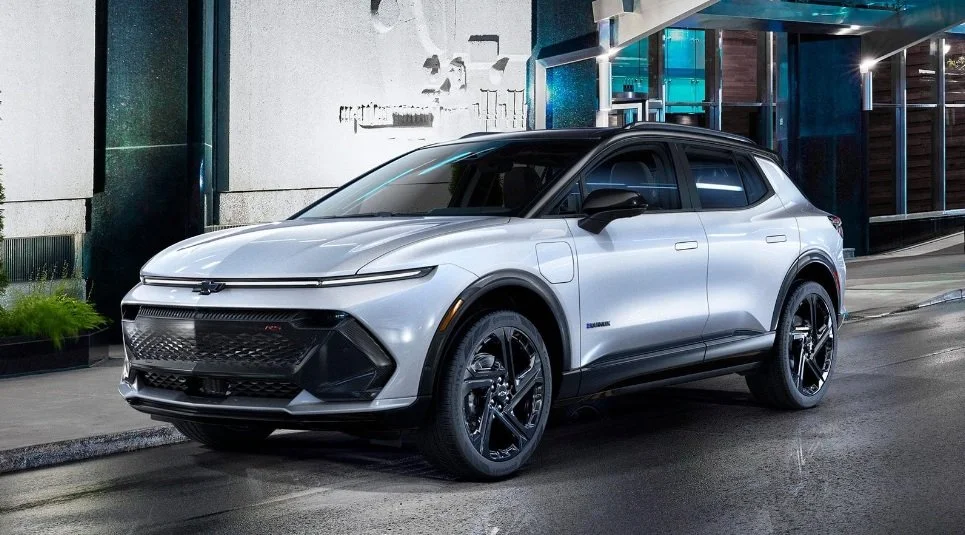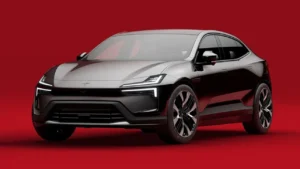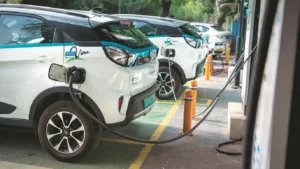The federal tax credit for electric vehicles (EVs) remains one of the best deals available to U.S. buyers in 2024. The Inflation Reduction Act (IRA) changed these credits so that eligible EVs can receive a credit of up to $7,500. To qualify, a vehicle must meet certain requirements, such as being manufactured in North America and meeting certain standards for batteries and critical minerals. The credit limit can also vary depending on the size of the vehicle’s battery and the buyer’s tax status. It’s important to review the latest IRS regulations and talk to a tax professional to ensure you’re getting the maximum amount of your credit.
State and City Rebates
Many states and cities offer additional rebates and other incentives to people who buy electric vehicles. These can reduce the overall cost of buying an EV. These incentives vary widely from place to place. For example, California, New York, and New Jersey offer large rebates of between $2,000 and $5,000 for electric vehicles that meet certain requirements. In some states, you can also get additional benefits, such as access to carpool lanes, reduced registration fees, or no emissions testing required. It’s important to check with your state or local utility office to see what incentives are available in your area and if there are specific eligibility requirements.
Utility Tax Incentives
Utilities are increasingly offering incentives to encourage people to purchase electric vehicles and support home charging infrastructure. Incentives can include rebates for the purchase and installation of home charging stations, lower electric bills for charging electric vehicles, and special programs to help with off-peak charging. For example, some utilities offer rebates for installing a Level 2 charger in your home. This can significantly reduce the initial cost of setting up a charging station. Contact your local utility company to find out what programs they offer and how to apply for these rebates.
Federal and State Grants for Charging Stations
In addition to individual incentives, federal and state grants are available to help build public and private vehicle charging stations. Businesses, cities, and groups can receive funding from the U.S. Department of Energy and various government agencies to set up public charging stations. These grants help build more charging stations, making charging more accessible to people who own electric vehicles. If you want to install a charging station in a public or commercial area, look into financing programs that can help cover the cost.
Offer Trade-Ins
Many automakers and dealerships offer trade-in programs that can help you save more money on the purchase of a new electric vehicle. As part of these plans, you may be required to trade in your old vehicle, which can save you significant money on the cost of a new electric vehicle. Some auto companies offer trade-in offers that apply directly to the price of the new vehicle. This makes it easier to switch to electric vehicles. Contact your local auto dealers and manufacturers to find out if there are any trade-in deals and what the terms are.
Incentives for Employers and Fleets
Employers and fleet managers can also get help switching to electric vehicles. Some companies offer incentives or rebates as a thank you to employees who purchase or lease electric vehicles. Fleet owners can also receive tax credits and rebates to encourage commercial use to switch to electric vehicles. These incentives can help lower the cost of purchasing and maintaining a fleet of electric vehicles.
Tax Credits for Business Charging Stations
Businesses that build electric vehicle charging stations can receive a variety of rebates and incentives. Some of these include federal tax credits, state subsidies, and utility incentives to help install charging stations in public areas or workplaces. Installing charging stations at your business benefits both customers and employees, and it also shows that your company cares about the environment. Learn more about the incentives available and talk to experts to find out which ones are best for your business.
Conclusion
Electric vehicle rebates and incentives in 2024 can help you save big on the purchase and maintenance of an electric vehicle. There are many ways to save money on the initial investment and the infrastructure that supports it, such as federal tax credits, state rebates, utility incentives, and trade-in programs. Taking advantage of these incentives can make the transition to an electric car easier and less expensive for you.



